
Authors of a new study found that the risk of asthma had the strongest association with infections occurring before age 3 years.

Authors of a new study found that the risk of asthma had the strongest association with infections occurring before age 3 years.

Microorganisms encountered during early-life animal exposure may increase risk for respiratory infections but also decrease risk of asthma via immune modulation.
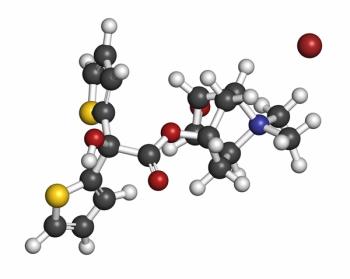
Black populations may be disproportionately affected by LABA risks. A new study finds replacement of LABA with tiotropium did not improve outcomes.

Effective asthma care requires attention to comorbidities, complications, and human characteristics of each patient. Speakers at CHEST 2015 described "the village."

New approaches discussed at CHEST 2015 ranged from the impact of bariatric surgery on asthma control to endobronchial valve placement in COPD.

In a well-attended session at CHEST 2015 a number of promising new therapies for treating COPD were reviewed by study authors.

The best asthma care is not good enough if the patient is nonadherent. Applied "humanomics" as an approach to chronic care was discussed this week at CHEST 2015.
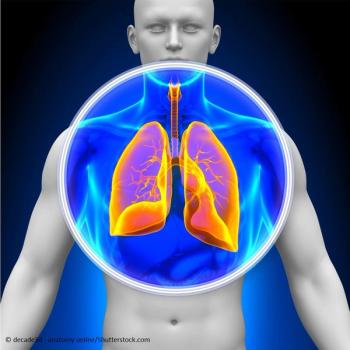
Severe refractory asthma resists conventional therapies, but a roster of new biologics, discussed at CHEST 2015 in Montreal, may soon offer relief.

Study results revealed at CHEST 2015 showed use of FeNO to assess inflammation led family physicians to change steroid dose in 50% of asthma patients.

ACOS is often first suspected in the primary care setting. Experts at CHEST 2015 reviewed the syndrome, who is at risk, and treatment challenges.
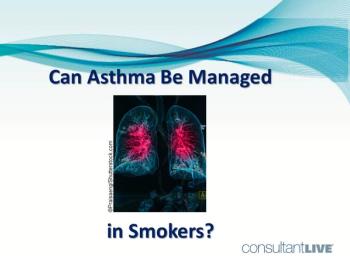
The CDC estimates that 21% of people with asthma smoke cigarettes. These patients tend to be resistant to common asthma treatment. What are the options?

Lethal prostate cancer is less-not more-likely to develop in patients with asthma. The Health Professionals Follow-up Study answers key questions about why.

Aging and comorbidities make asthma management in the elderly much more difficult than in younger people. Get a quick look here at what to watch out for.

Undiagnosed lung disease in smokers, the impact of guidelines for community-acquired pneumonia in children, and climate change and asthma attacks make headlines in the respiratory news.
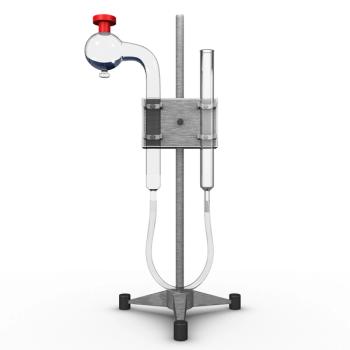
Obstructive, restrictive, or mixed airways disease? See what you know about asthma, COPD, and the test results used to diagnose each.

In these half-dozen slides, we look at this dangerous combination and the particular challenges it poses to diagnosis and disease management.

Exacerbations in asthma are common long after patients receive step down medications, and other respiratory disease news.

One theory posited by the authors of a new study is that asthma patients may have an enhanced propensity for a CD4+ T-cell helper response.

Respiratory disease is the main reason why patients visit primary care practices. This brief summary highlights the latest in research and patient care.

This waxy eyebrow lesion appears to be stuck to the skin. Do you know what it is? See how well you do with the questions in this quiz.

Can you identify the most common symptoms of Löfgren syndrome ?

Food choices and dietary supplements may impact progression and management of respiratory disease. Try 6 quick questions on the topic and find out what you know.

Asthma and the metabolic syndrome may be more closely related than once believed. A short slide show summarizes key studies of known connections.

COPD challenges, asthma in children, smoking deaths-highlights of recent research findings in these key areas of respiratory disease.
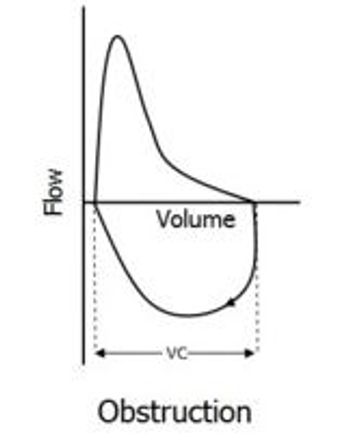
What do you get when you cross asthma with COPD? How does an asthma Dx reduce antibiotic Rx? And what about vitamin D and asthma, anyway? Get answers and evidence in 5 easy pages.